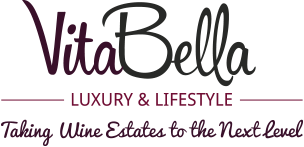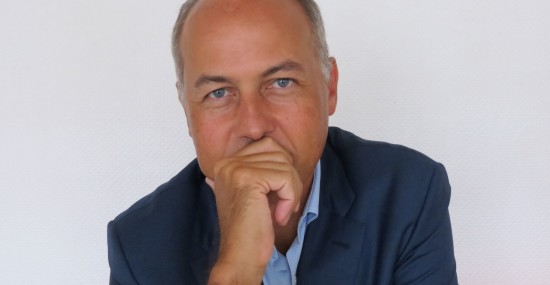While we’ll no doubt have the pleasure of bumping into each other in the aisles and celebrating our reunion, it’s nonetheless in a gloomy atmosphere that Wine Paris & Vinexpo 2025 prepares to open its doors next week. The difficult economic situation and the decline in global wine consumption are weighing heavily on the event. Many cooperative wineries are closing or merging to survive, while some wine companies are being placed under court protection. As we enter 2025, these fears are confirmed, and the conversations in the aisles of the show promise to be rich in debate. Here are the six unavoidable topics everyone will be talking about at Wine Paris 2025.
Trump and the impact on the wine economy
American politics have a direct impact on the wine industry. Between the threat of new taxes and economic uncertainty, the question remains: should we invest massively in the United States in 2025 to capitalize on a potential revival? The debates surrounding Trump’s decisions will be omnipresent at Wine Paris because, let’s not forget, this is notably the world’s leading market for our fine wines.
Do you prefer Paris or Düsseldorf?
Wine Paris is seeing its number of exhibitors grow significantly this year, strengthening its position against Prowein. Discussions will therefore focus on the number of visitors to the stands each day and the quality of the buyers present. While Paris has undeniable advantages over Düsseldorf, the key question remains: are we seeing a significant increase in the number of buyers on the stands? It’s good to have lots of exhibitors, it’s much better to have lots of visitors and buyers.
Monopoly presence: a strategic issue
Monopolies such as SAQ (Quebec), LCBO (Ontario), Systembolaget (Sweden), Vinmonopolet (Norway), Alko (Finland) and Vínbúðin (Iceland) are major market players. They control the import, distribution and sale of wine, guaranteeing strict regulation. Their visit to Wine Paris is eagerly awaited, especially in times of crisis when their presence is important.
Prices: the sinews of war
In a tense market, buyers are gaining the upper hand, even over the big brands. After a decade dominated by premiumization, negotiations are set to get tougher, and prices will be at the heart of discussions. Pressure on producers and distributors is intensifying, making every transaction more strategic than ever.
Alcohol-free wine: a divisive trend
You know my point of view on this subject (if you don’t, read it here), but it’s clear that we can’t talk about wine today without very briefly touching on the NO-LO (no alcohol, low alcohol) segment. Buyers and producers alike are scrutinizing each other to find out what’s being made, at what price, and what it tastes like in the end. It’s a divisive trend, but it’s the debate of the day!
Artificial intelligence: the next turning point not to be missed
The world of wine needs to adapt and integrate artificial intelligence today. As the sector becomes increasingly complex, new tools are emerging to support wine professionals. The wine value chain, which combines agricultural production and customer experience, makes it an ideal field for AI. VitaBella has been a pioneer in this field, launching last January a free AI agent dedicated to winemakers worldwide: VitaBella AI.
I look forward to seeing you next Monday!
Contact Guillaume Jourdan via LinkedIn



